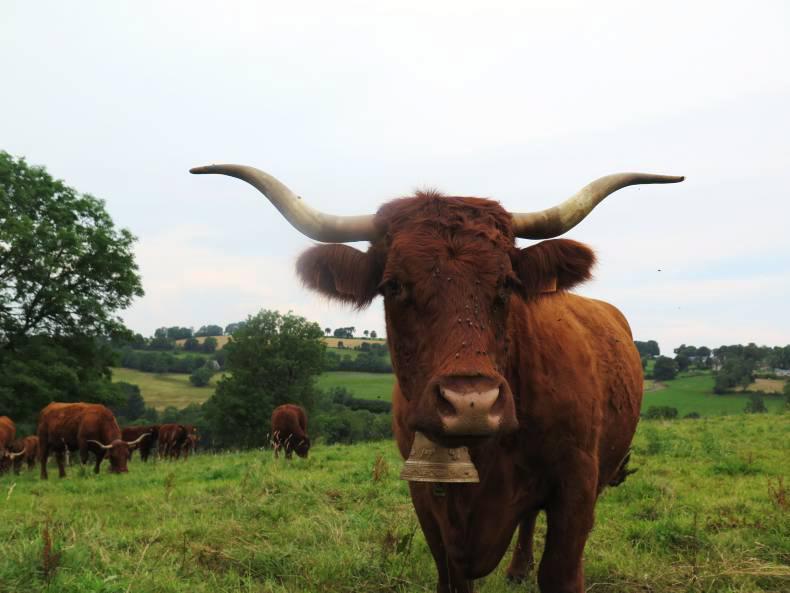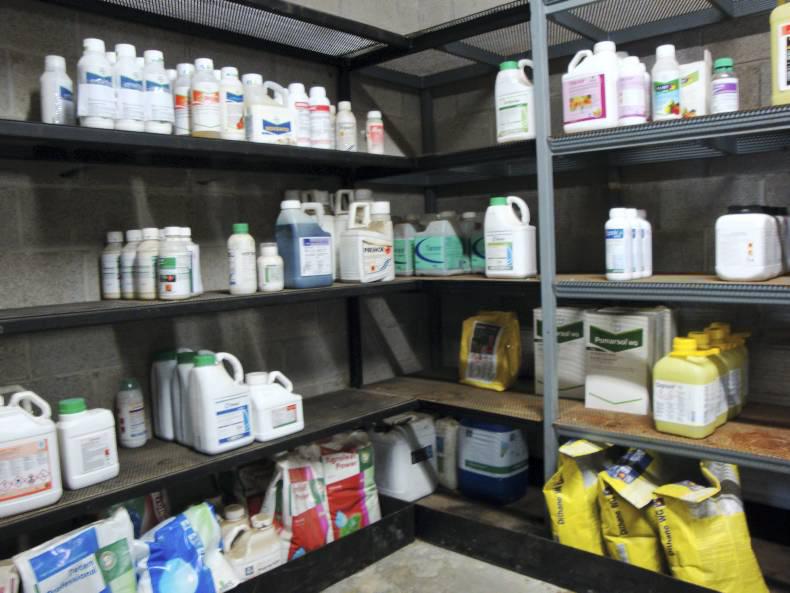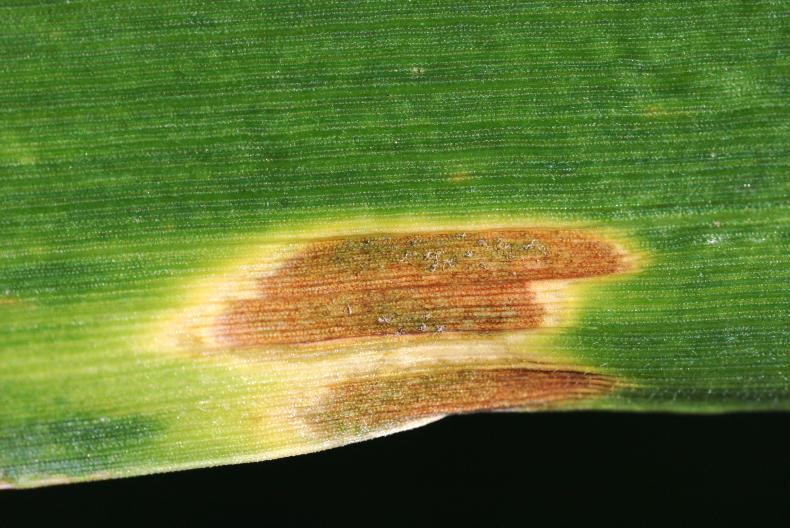After an isolated BSE case was confirmed last week in a five-year-old Salers cow in northern France, French agriculture minister Stéphane Le Foll said that he would ask national and European food safety agencies to investigate the “origin and cause of such isolated cases in young bovines”.
Two young cows tested positive for BSE in Co Louth and in Wales last year, and the French authorities wants all three cases probed.
A spokesman for the French ministry of agriculture told the Irish Farmers Journal that the investigation should encompass “the diseased cow’s entire history: her dam, sire, ancestors and feeding”.
Another case was found in Solvenia last September, but the infected cow was 12 years old.
The latest case means that France, like Ireland, has lost its negligible risk BSE status achieved last year and must reintroduce special disposal systems for some by-products and offal deemed “special risk material”.
Reverting to controlled risk status also means many Asian countries insist on beef being under 30 months.
The investigations by food safety agencies into the latest French case had not started when the Irish Farmers Journal contacted them this week. Their results, combined with France’s strong representation in the World Organisation for Animal Health (OIE), may offer an opportunity to examine whether drastic consequences on an entire country’s BSE risk status are justified after isolated cases.








SHARING OPTIONS